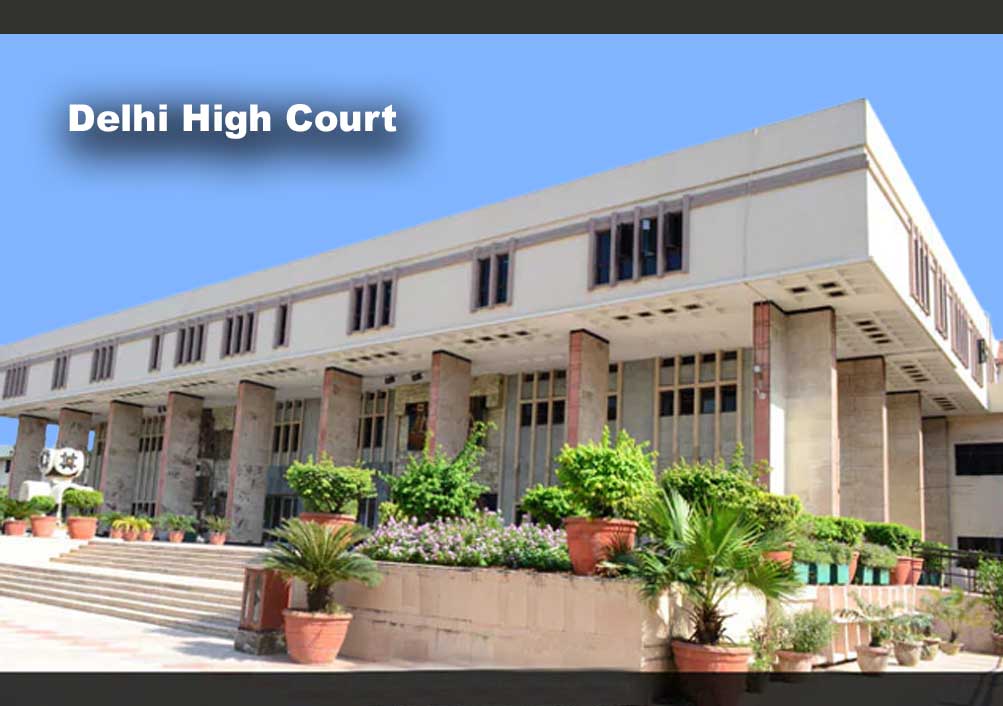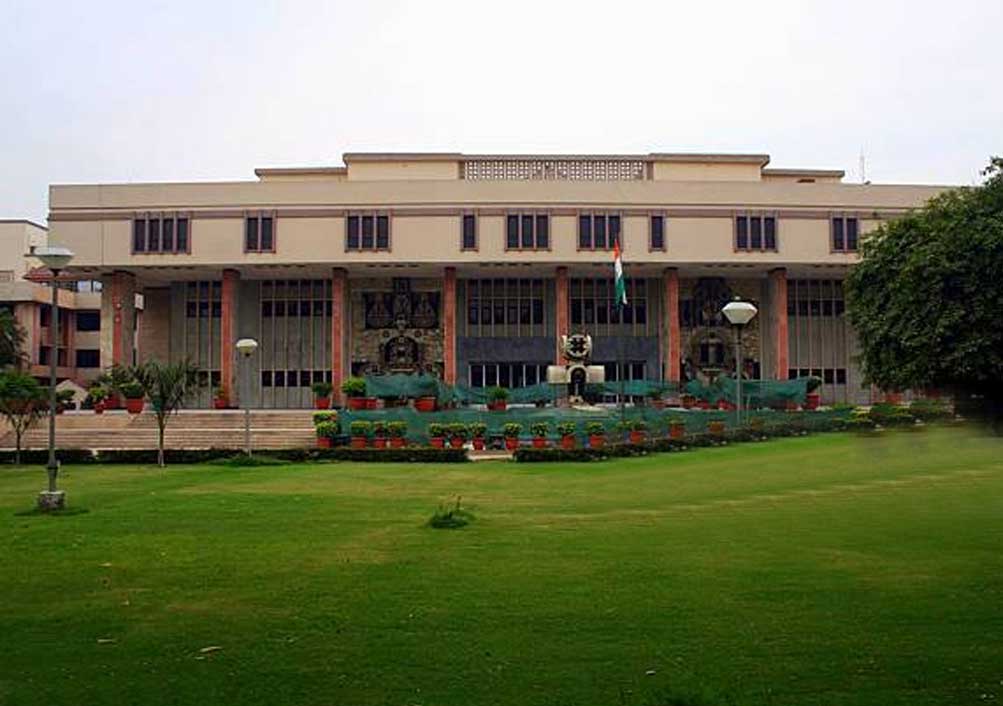Delhi HC sets aside Trial Court’s ruling that persons who are not ‘drawer of cheque' but deemed to have committed offence u/s 138 of NI Act, can be directed to pay interim compensation
Justice Navin Chawla [17-04-2024]

Read Order: PRAKASH VASANT AJGAONKAR & ORS v. THE STATE NCT OF DELHI & ANR [DEL HC- CRL.REV.P. 285/2021]
Tulip Kanth
New Delhi, April 17, 2024: In a cheque bounce case, the Delhi High Court has allowed the petitions filed by the accused Company’s Directors while clarifying that Section 143A of the NI Act empowers the Court to pass a direction for payment of interim compensation only against the “drawer of the cheque”.
The respondent no.2/complainant had filed the complaints under Section 138 of the NI Act against the petitioners alleging that M/s SVPL had entered into two agreements with respondent no.2 / Complainant, whereunder the respondent no.2 was to purchase built-up commercial and residential area for a total consideration of a sum of Rs 750 Crore. An advance amount of Rs 187.50 Crores was also paid by the respondent no.2 to M/s SVPL in terms of the agreements.
Due to certain disputes that arose between the parties on account of the non-fulfilment of the contractual obligations, the respondent no.2 filed two commercial suits before the Bombay High Court seeking specific performance of the two agreements entered into between the parties, and restraining the petitioners herein from creating any third-party rights in the subject property.
The said two suits were disposed of in view of the two Consent Terms whereby M/s SVPL agreed to return back the money invested with them by the respondent no.2 and further gave 300 flats as security to the respondent no.2. The said flats were to be released back to the petitioners / M/s SVPL on the basis of payment made by them to the respondent no.2, on pro-rata basis.
When M/s SVPL fell short on the schedule for repayment, the respondent no.2 filed contempt petitions and the repayment schedule for the remaining balance of Rs.93.50 Crores was revised. Thereafter, the parties, including M/s SVPL and the petitioners herein, and the respondent no.2, entered into fresh Consent which once again amended the schedule for repayment. M/s SVPL also issued postdated cheques in terms of the payment schedule.
In the meantime, the respondent no.2 filed the subject complaints under Section 138 of the NI Act before the Metropolitan Magistrate, complaining therein that the cheques that were issued by the company to the respondent no.2 in terms of the Consent, on presentation, were returned dishonored with the remarks “Fund Insufficient”. In spite of the receipt of the notice, the company or the petitioners-Directors had not paid the said amount.
The petitions before the Delhi High Court were filed challenging the Order passed by the Metropolitan Magistrate (Trial Court) allowing the application filed by the respondent no.2 / complainant under Section 143A of the Negotiable Instruments Act, 1881 (NI Act) and directing the petitioners to pay to the respondents no.2 interim compensation at 12% of the cheque amount, that is, Rs.2,71,52,880/- within 60 days.
At the outset, the Single-Judge Bench of Justice Navin Chawla opined that the Apex Court has already clarified that the exercise of power under Section 143A(1) of the NI Act is “discretionary”. In the present case, the Impugned Order reflected that the Trial Court was of the opinion that Section 143A is ‘mandatory’ in nature and interim compensation has to be granted to the complainant in terms of the same as a rule and not as an exception. The Bench observed that this view of the Trial Court couldn’t be upheld in view of the judgment of the Supreme Court in Rakesh Ranjan Shrivastava vs. State of Jharkhand.
The High Court was of the opinion that the Impugned Orders didnot reflect any consideration of the Trial Court to the plea of the petitioners that the respondent no.2 also held security in form of the flats and in form of a statement made in the course of the proceedings before the Bombay High Court that the said company will not be disposing of the flats or creating any third-party rights in the plot of land which is the subject property. As per the Bench, this was an important consideration which should have been taken into account by the Trial Court while deciding on the application filed by the respondent no.2 under Section 143A of the NI Act.
“What is also relevant is that Section 143A of the NI Act empowers the Court to pass a direction for payment of interim compensation only against the “drawer of the cheque”. In the present case, admittedly, the drawer of the cheques is the company and not the petitioners. The petitioners have been arrayed as accused invoking Section 141 of the NI Act”, it said.
According to the Bench, Section 141 of the NI Act contains a deeming provision wherein, though offence under Section 138 of the NI Act is committed by a company, the persons mentioned in the said Section are deemed to be guilty of that offence and are liable to be proceeded against and punished accordingly.
It was further observed that Section 143A still makes only the “drawer of the cheque”, and not the other persons, who may be deemed to have committed the offence under Section 138 of the NI Act due to Section 141 of the NI Act, liable to pay the interim compensation.
The High Court asserted, “The Impugned Order dated 11.03.2022, however, relies upon Section 141 of the NI Act to hold that a direction to pay the interim compensation under Section 143A of the NI Act can be made even against persons who, though are not the ‘drawer of the cheque', are still deemed to have committed the offence under Section 138 of the NI Act. This view of the learned Trial Court cannot be sustained.”
Thus, holding that the impugned Orders had ignored vital and relevant considerations for passing an order under Section 143A, the Bench allowed the petitions and set aside the orders under challenge.
Sign up for our weekly newsletter to stay up to date on our product, events featured blog, special offer and all of the exciting things that take place here at Legitquest.



Add a Comment